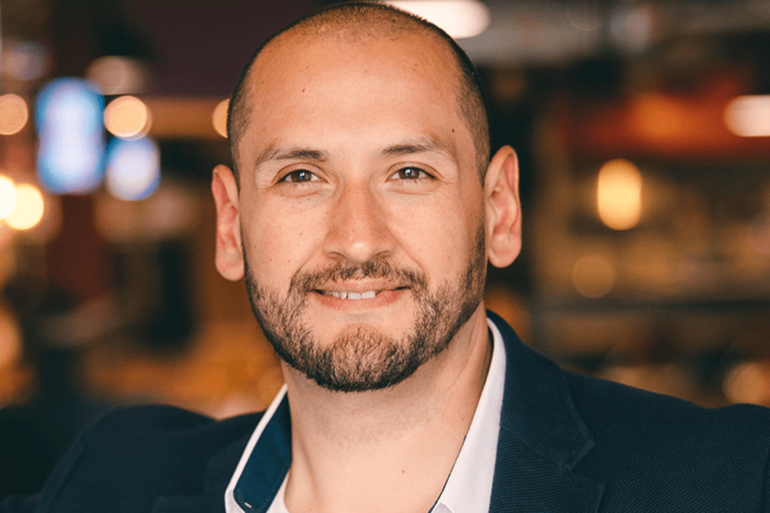Building a business is an exercise in living in the future, according to Marcos Torres, CFO of managed cybersecurity platform Huntress. But living in the future isn’t just about setting a vision about how big your business can be; you need to think about how product development, fundraising, a sustainable business model will achieve that vision.
In a recent #CIBCInnovationBanking podcast episode, Torres shared his advice for founders who want the best chance of success in difficult times.
Plan for a plan B when fundraising
A key part of scaling any tech business is knowing if and when you need investment. Torres recommends founders start “digging the well before you’re thirsty” by continually building relationships with potential investors. If you never need funds, that’s fine; but if you do, you’ll be happy you cultivated those relationships.
This kind of activity underscores Torres’ belief that founders need more than a Plan A. To maximize your chance of success, particularly for fundraising in difficult economic climates, optionality is best. For Torres, optionality is how founders minimize the risk of getting stuck in a bad situation.
“It’s not ‘scenario A until you have to go to B or C,’ you have to be working all those out at the same time,” said Torres. “And I think that’s probably the biggest challenge that folks have thinking about scenario planning. Scenario planning is to look at all the very different scenarios you can see in the future and then plan for all of them. So the chances of you getting stuck in one of those edge cases that is not one of your scenarios is very, very little.”
Problem solving
Huntress is in the managed cybersecurity space, but rather than chasing Fortune 500 companies or even large-cap mid-market organizations, Torres said the company is targeting SMBs.
However, that doesn’t mean Huntress’ product was built ultra-custom for a specific type of SMB. Instead, Torres said it was crucial to build for managed service providers (MSPs) who can introduce the Huntress product to a lot of SMBs at once. To make this work requires solving not just end-user concerns, but also any problems that crop up when MSPs take on a new customer. One example of this is thinking about total cost of ownership, meaning not just the license cost but the entire price a small business will pay to have an MSP leverage the software.
“Every time we build something, we make sure that the value is there for our partners and that they’re really getting something out of it that they’re not getting from any other tool,” said Torres. “We really make sure we understand their workflows and their cost.”
Live in the future
Sharing his final piece of advice for founders, Torres said it is their job to think about the future, but make plans for how they’ll work today to build that future.
Not everyone is capable of doing both the big vision work and the operational planning. One way around this hurdle, said Torres, is to prioritize finding a business partner or key employee with whatever skills you lack as a founder.
“There’s a lot of failure in startups because you miss the basics of operationally, how does this work, and also how do you make money out of this thing?” Torres said.


